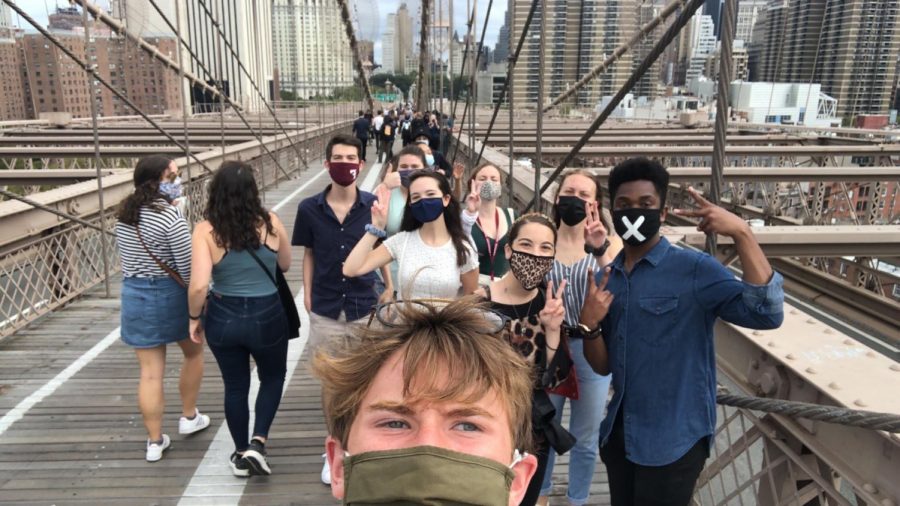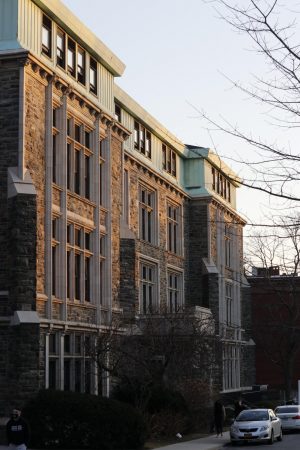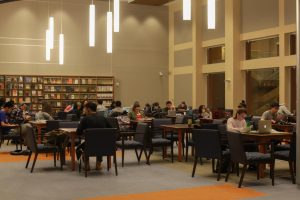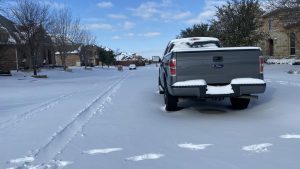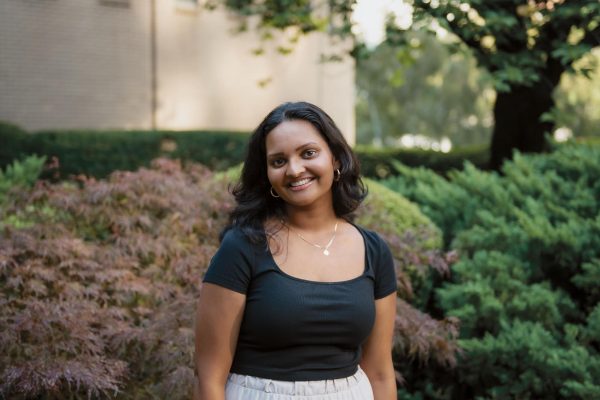Virtual First-Year Students Return to Campus for the Spring Semester
First-year students at Fordham share why they decided to return to campus for the spring
COURTESY OF THE OFFICE OF RESIDENTIAL LIFE
Many first-years who spent their first semester away from campus cited a desire to make friends and live in the city as reasons to come to campus for the spring.
March 12, 2021
With numerous college closings around the country due to COVID-19 outbreaks during the fall semester, many incoming first-year students chose to attend classes virtually. Now, many of those students have decided to reside on campus for the first time for the spring semester.
Chaise Jones, Fordham College at Lincoln Center (FCLC) ’24, began her first semester at home in Houston, Texas. She selected a virtual modality for the fall because of the uncertainty of the Fordham experience on campus. Jones explained that she enjoyed her virtual campus experience.
“I actually liked my virtual school life, I got to stay at home and in my hometown (many of my friends also stayed home). I got to do classes from my room. It was nice to still be around family that semester,” Jones said.
Despite the comfortable virtual experience, Jones encountered difficulty joining clubs and forming connections with faculty.
“There were not many announcements about club fair, and when I went to the club page on the fordham website, there were no links or ways to communicate with different clubs, but I think it was just more of a COVID thing,” Jones said.
It’s also just extremely hard to stay engaged over zoom, especially as a virtual student because you don’t have the college atmosphere either to motivate you.” Sakunthala Sankar, FCLC ’24
Similarly, Sakunthala Sankar, FCLC ’24, attended classes for the fall from Sacramento, California, citing concerns about the high risk that COVID-19 posed, but she chose to switch to in-person learning because of difficulties she encountered with online learning.
“The time difference for me was 3 hours so my 10 am class became 7 am, which was really difficult for me to handle. It’s also just extremely hard to stay engaged over zoom, especially as a virtual student because you don’t have the college atmosphere either to motivate you,” Sankar said.
Both Jones and Sankar decided to live in residential housing for the spring in order to engage in some semblance of a traditional college experience which included making friends and living in New York City.
“I wanted to make friends!” Jones said. “I feel like doing classes virtually makes it harder to make friends. It’s harder and more awkward to reach out to people.”
Sankar cited Fordham Lincoln Center’s well-implemented measures to prevent the spread of COVID-19 as a reason why she felt comfortable coming to campus.
“I felt that the school was handling covid well enough and the positivity rate was low for the Lincoln center campus, so I thought it was safe enough to return,” Sankar wrote.
The Office of Residential Life (ResLife) at Lincoln Center has multiple safety measures in place to subdue COVID-19 spread. Elevators and lounges on each floor have occupancy ratings, face masks are required in public spaces, sanitizing stations are readily available, and students are required to take monthly COVID-19 tests.
Students living on campus are also expected to abide by the Ram Pledge, which requires students to wear masks, wash hands frequently, maintain social distancing, monitor COVID-19 symptoms and follow all Fordham and New York state guidelines.
New residents were fairly pleased with Fordham’s efforts. Jones remarked that a spike in cases was expected.
“I did not have high hopes for a low number of cases, because we are in the city and on a college campus,” Jones said.
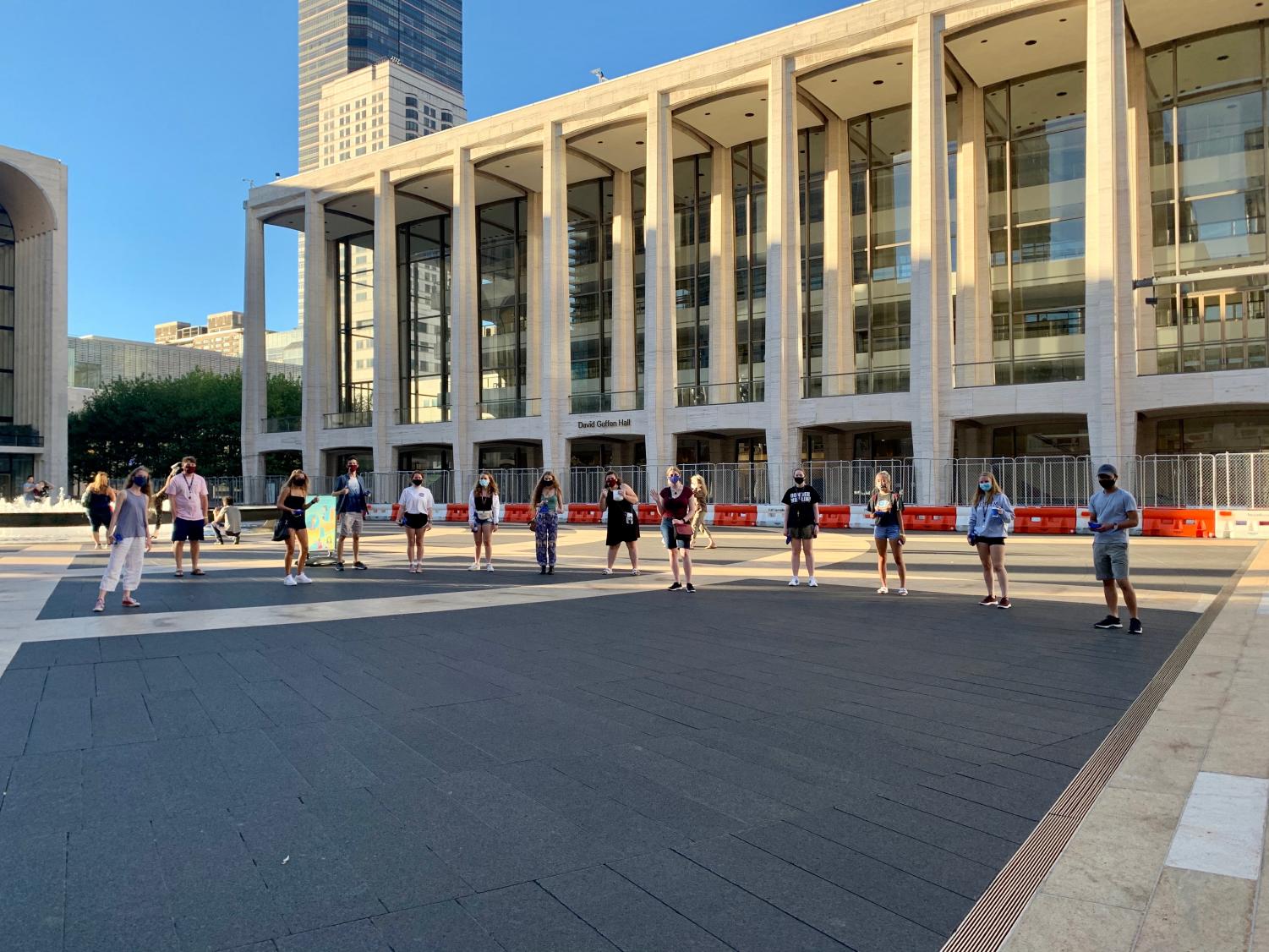
Yet students still expressed concerns about the spread of the virus on campus. While Jones believed that monthly testing was an efficient tool, Sankar felt that that monthly testing was not sufficient since New York is reopening.
“I wish they required students to test much more frequently, considering everything in nyc is opening up again. Once a month is not enough at all,” Sankar said.
Giordana Simurdiak, FCLC ’24, believed that while Fordham’s protocols were ample, high-risk activity off-campus is the primary contributor to cases.
“It’s a matter of following these rules that I think could be a problem. I feel like some people are becoming a bit relaxed with following the protocols, and off-campus activity is probably a big part of the rate as well,” Simurdiak said.
Marley Poku-Kankam, FCLC ’23 and a resident assistant (RA) in McKeon Hall, emphasized that she encourages her residents to comply with Fordham’s COVID-19 safety measures.
“We encourage students to get tested and be honest with their vital check as well as checking in with their RA or RFM (resident freshman mentor) if they have any questions regarding the safety protocols put in place,” Poku-Kankam said.
She also intends on scheduling activities such as visiting neighborhoods and bakeries. Most new residents report struggling with connections since first-semester residents have already established friend groups and communities.
“Lots of people who were on campus last semester have made strong connections with each other and it can be hard to ‘break into’ these established groups.” Giordana Simurdiak, FCLC ’24
Simurdiak admitted to feeling socially impeded because she was virtual in California for the fall semester.
“I find the most difficult thing about being virtual last semester is that I feel like I’m behind in my social life,” Simurdiak said. “Lots of people who were on campus last semester have made strong connections with each other and it can be hard to ‘break into’ these established groups.”
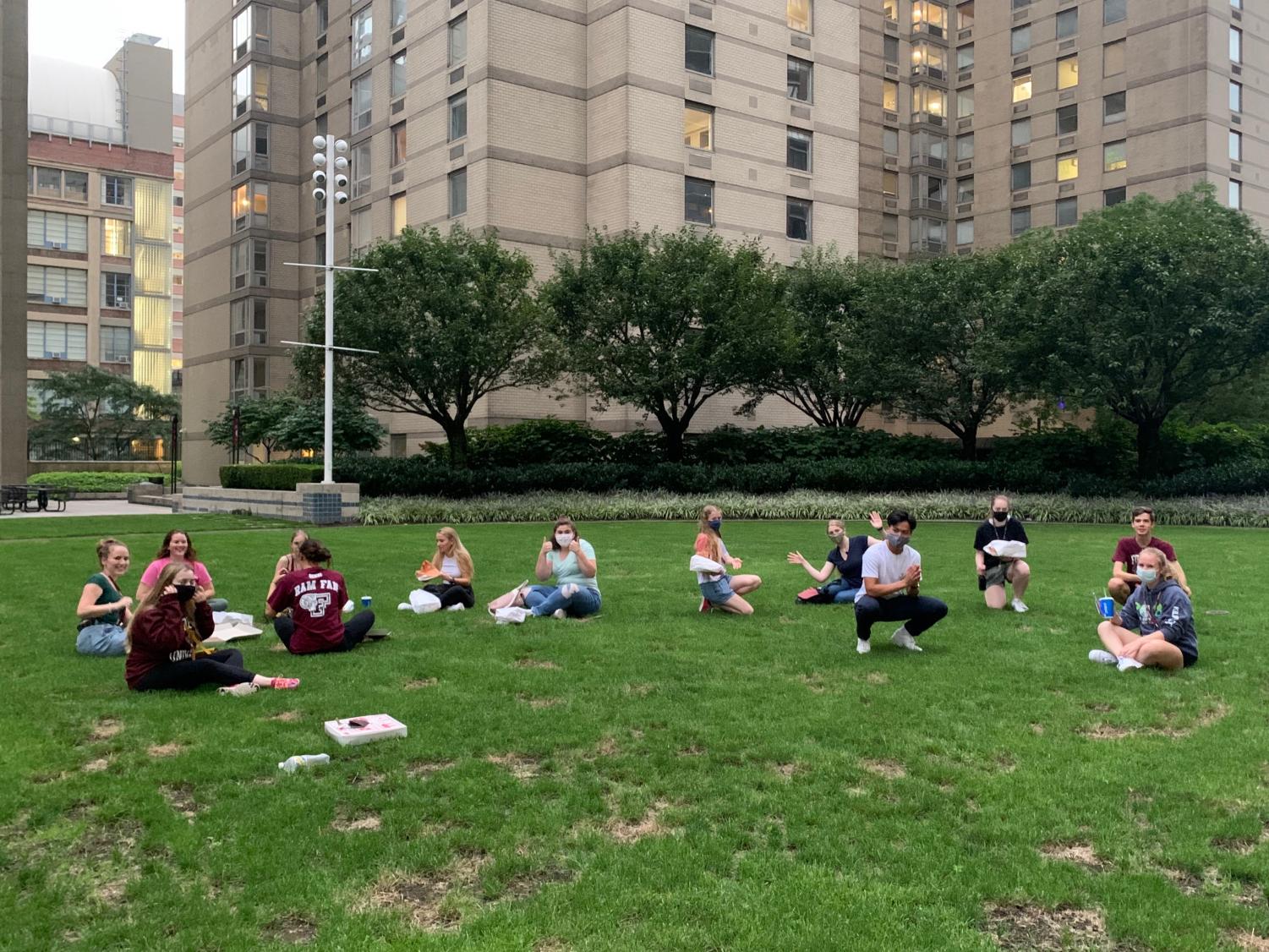
To combat the social stuntedness that beset virtual fall first-years, the New Student Orientation at Lincoln Center conducted a separate orientation for students who were virtual fall semester and are now living on campus. The program allowed students arriving on campus for the first time to interact with other new first-years and adapt to college life in the midst of COVID-19.
Simurdiak found that the program was not especially beneficial because she had also attended orientation in the fall.
“I personally didn’t find it super helpful. I think that could be that it was very similar to the orientation in the fall, which I had attended as well,” she said.
When reflecting on returning to campus, Jones was unsure about living on campus. “I don’t know if I prefer online or in person. For me it just depends on the mood,” she said.
“I’m mentally and socially in a better place I think because now I have the opportunity to make connections with other people that I wasn’t able to at home.” Giordana Simurdiak
Simurdiak felt positive about her decision to arrive on campus.
“I totally think it was worth it. Although options are a tad limited right now, I’m still getting a sense of independence I didn’t have at home and I’ve already met so many new and fun people,” she said.
“I also have a new city to explore on the opposite side of the country from where I live. I’m mentally and socially in a better place I think because now I have the opportunity to make connections with other people that I wasn’t able to at home,” Simurdiak continued.
After having trouble making friends and focusing during remote classes in the fall, many students are excited to settle into on-campus housing. Fordham’s testing requirements and COVID-19 reduction tactics gave students an added level of comfort as new residents. Both residents and residence hall officials hope that these measures will prevent an outbreak so the Fordham community can enjoy a spring semester headed toward normalcy.

